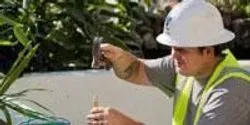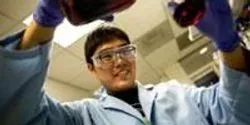News

Good news for laboratory supervisors–their position has made CNN Money’s top 10 list of quickest-growing jobs in America, released Jan. 27.

Ribonucleotides, units of RNA, can become embedded in genomic DNA during processes such as DNA replication and repair, affecting the stability of the genome by contributing to DNA fragility and mutability. Scientists have known about the presence of ribonucleotides in DNA, but until now had not been able to determine exactly what they are and where they are located in the DNA sequences.

The University of Wisonsin-Madison said in a statement that the lab was not closed due to animal rights activists.

The stereotype that women lack natural "brilliance" could explain their underrepresentation in academia, according to new research based at Princeton University.

Long before Emory University’s innovative new water reclamation facility began harnessing the power of nature to clean and recycle wastewater for non-potable uses on campus, the system was already serving as a living laboratory.

As many as 1.4 million Americans suffer from uncomfortable abdominal cramping and diarrhea that come with ulcerative colitis and Crohn’s disease. These conditions, collectively known as inflammatory bowel disease (IBD), are associated with an imbalance among the thousands of species of “good” bacteria that inhabit the gut. A University of Utah study published on Jan. 22, 2015, in Cell Host and Microbe demonstrates that mice deficient for a component of the immune system, a protein called MyD88, have an imbalanced gut bacterial community – with some species dominating over others - and are more susceptible to contracting a severe IBD-like illness. Further, fecal transplants from healthy donors alleviate IBD symptoms in these mice.














